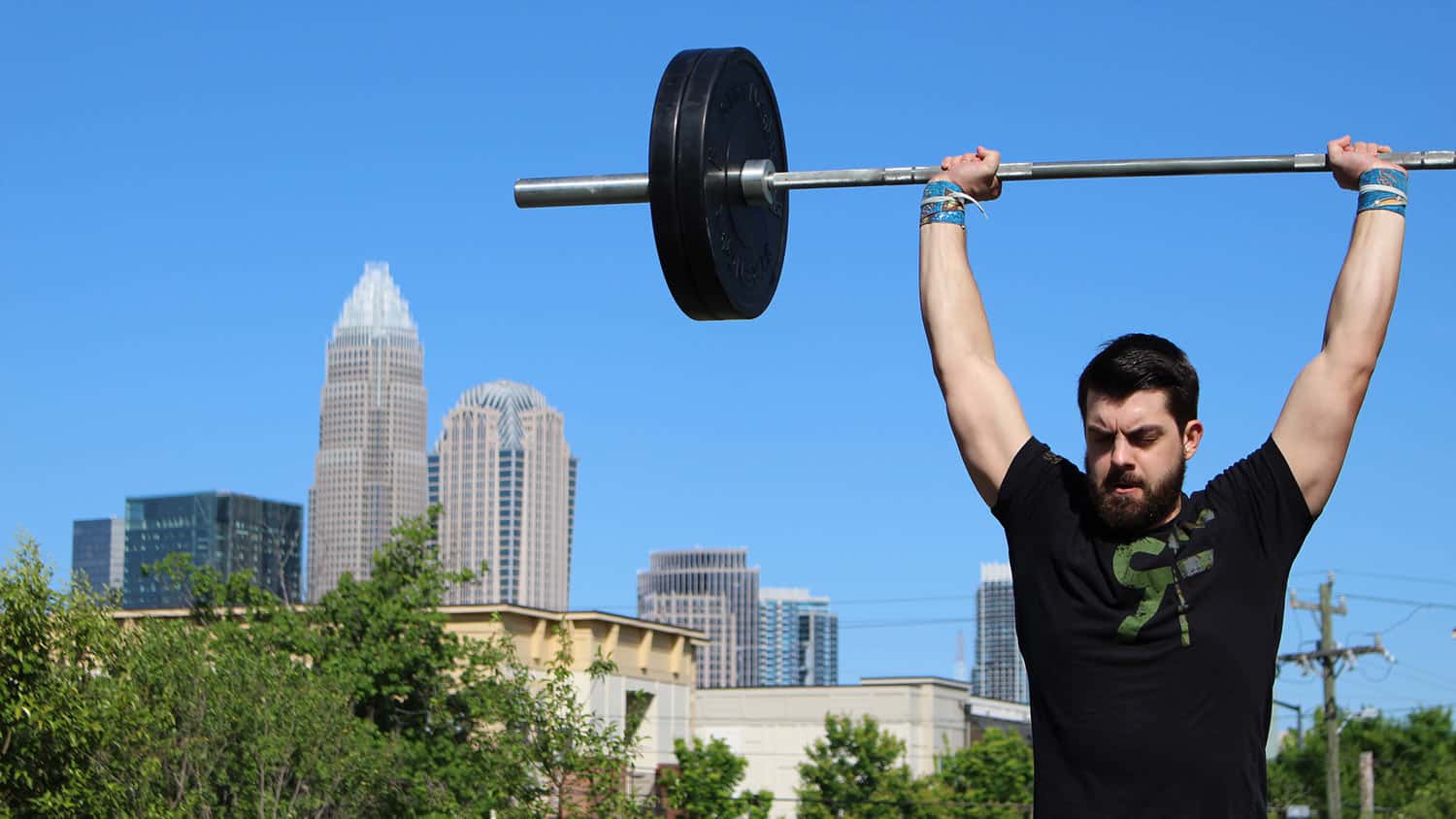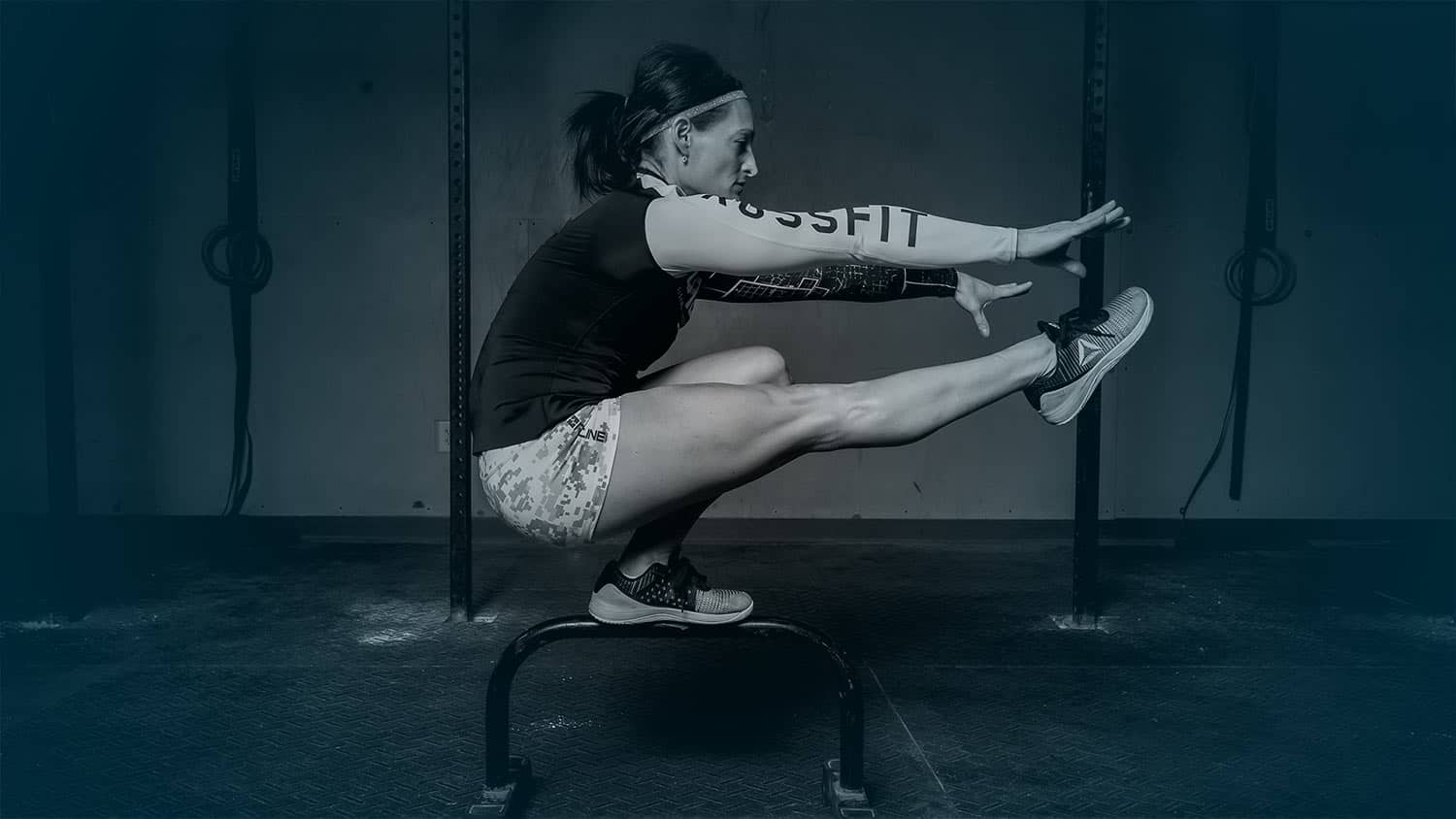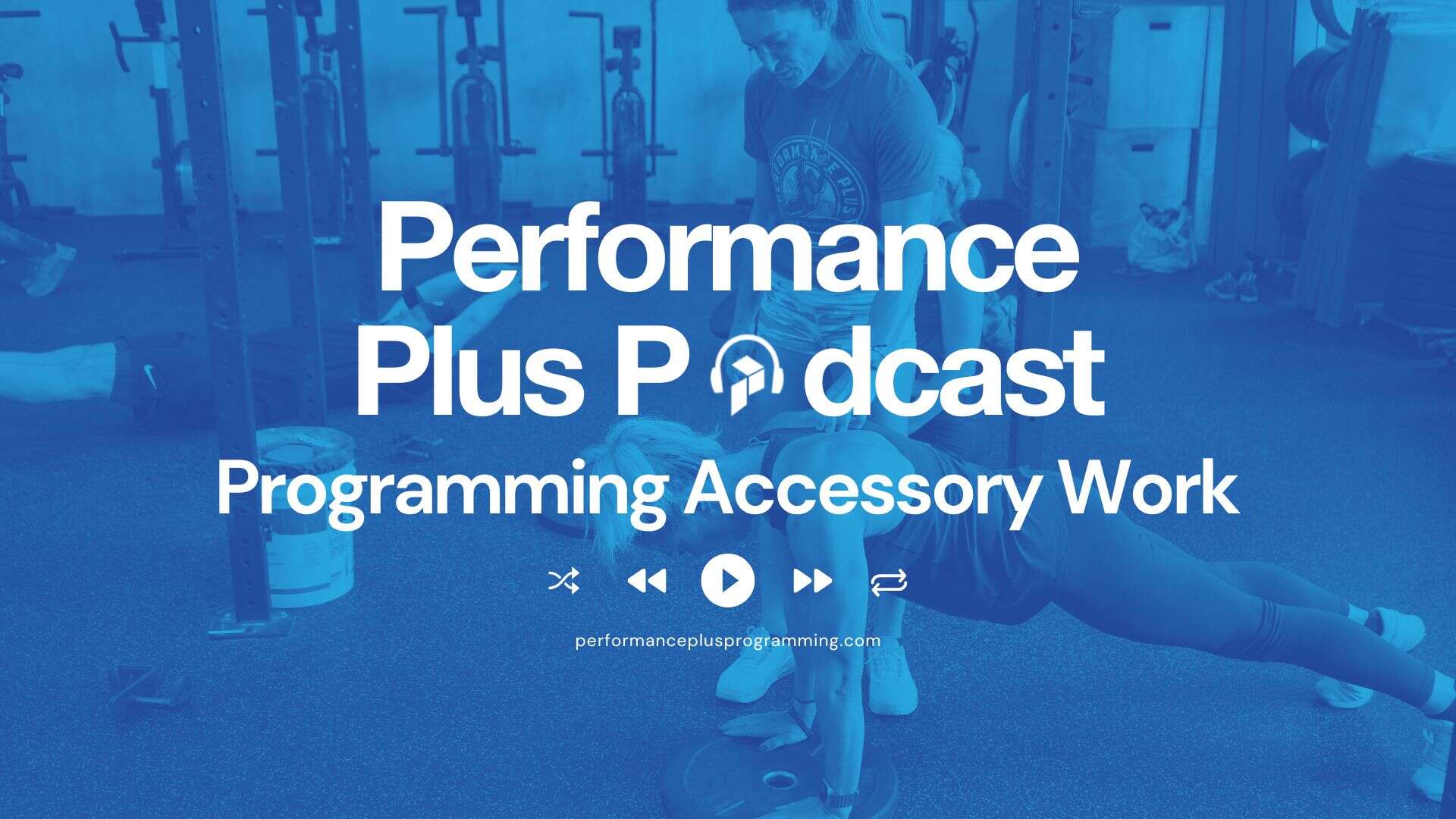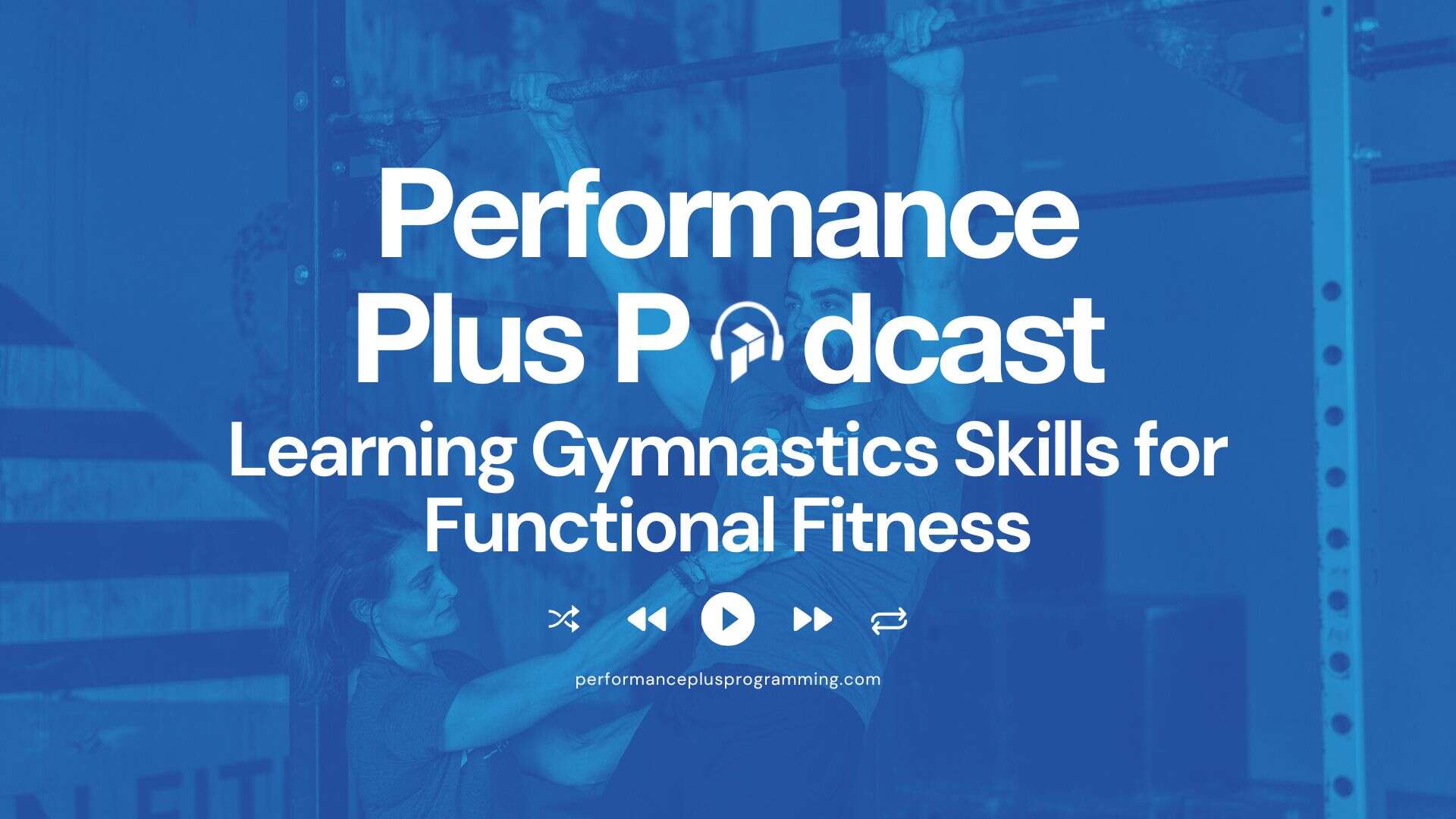
E5 – Gymnastic Standards to make the Games with Pamela Gagnon

Want to be in the Games as an Open or Masters Athlete? Ever wonder what sort of gymnastics skills you need to possess to compete at that level? Tune into Episode 5 of the Performance Plus Programming Podcast Pamela Gagnon to learn what a former 3x Games athlete and Mayhem Gymnastics head coach says are the standards for anyone that wants to compete.
Topics Covered On This Episode
-Volume of gymnastics required to make the games
-What movements do you need to be able to do in order to make the games
-How to train gymnastics for the games
The Performance Plus Podcast is a short, actionable podcast that answers common questions from Performance Plus members and other athletes. Featuring Dr. Zach Log (The Barbell Physio), Pamela Gagnon, and hosted by Coach Johnny Bouchard each short podcast episode will help you achieve your goals. Whether you are training for a competition or want to get stronger, our step-by-step guide is all you need to take care of your body.
Follow Pamela Gagnon @pamelagnon
Follow Zach @thebarbellphysio and his website
Follow Johnny @coach_johnnyb
Tune in each Friday for a new episode!




